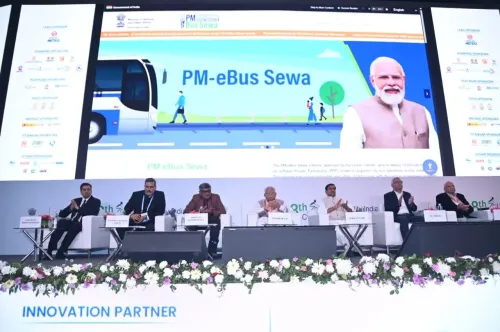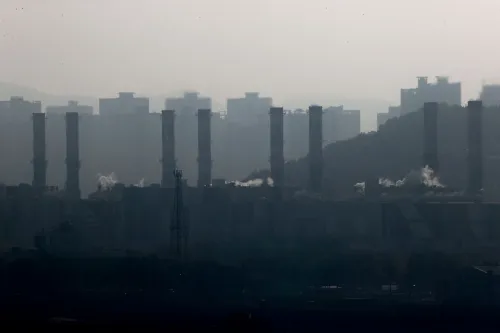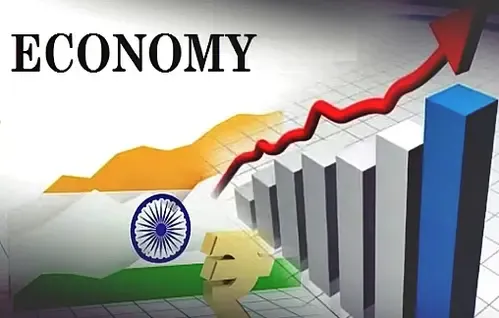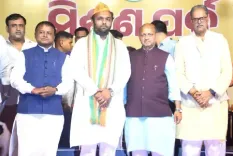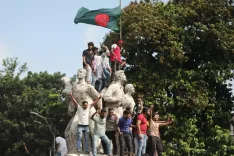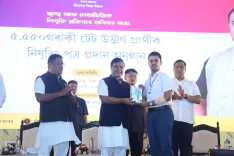What is the Centre's new Rs 1,000 crore Hill and Himalayan Cities Focused Fund?
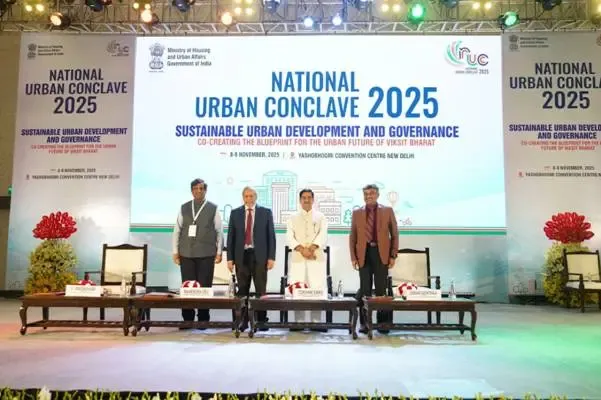
Synopsis
Key Takeaways
- Launch of Rs 1,000 crore fund for waste management.
- Focus on empowering local communities through urban initiatives.
- Collaboration between government and private sectors is crucial.
- IIRS Sankalan App will enhance data accuracy in urban surveys.
- Centre for Public Policy to support affordable housing research.
New Delhi, Nov 9 (NationPress) The Centre has unveiled a Rs 1,000 crore Hill and Himalayan Cities Focused Fund aimed at enhancing solid waste management in these ecologically sensitive areas as part of the Swachh Bharat Mission-Urban 2.0.
During the announcement at the National Urban Conclave, Union Minister of State for Housing and Urban Affairs, Tokhan Sahu, stated: "We are evolving from a model focused on poverty alleviation to one that emphasizes empowerment and entrepreneurship. Sustaining this change requires diligent coordination and commitment among the Centre, states, urban local authorities, and private enterprises."
Additionally, during the closing session of the two-day conclave, the minister initiated a Memorandum of Understanding (MoU) exchange between the Ministry of Housing and Urban Affairs, the Uttar Pradesh government, Osmania University, IIPA, and AIILSG. This MoU is anticipated to stimulate the creation of resource materials and address the training and research requirements of the urban sectors across states and Union Territories.
Furthermore, Sahu introduced the IIRS Sankalan App, designed to enhance urban surveys by utilizing GIS-based planning, which allows for on-site editing and geo-tagging, thereby improving data accuracy, minimizing delays, and increasing reliability.
The minister also inaugurated the Centre for Public Policy on Habitat and Housing at the National Institute of Urban Affairs in Delhi. This center aims to establish a robust knowledge base and foster research that supports affordable housing initiatives in urban India, focusing on policy support, advocacy, capacity building, data collection, and knowledge sharing to promote inclusivity and accessibility in housing.
“Our vision for Viksit Bharat is an India where every urban citizen, from street vendors to waste managers and gig workers, is a respected partner in the nation’s development,” Sahu expressed.
Secretary of the Ministry of Housing and Urban Affairs, Srinivas Katikithala, mentioned that the Prime Minister’s vision for developing 50 global cities in India will be advanced through a structured challenge framework. He also announced that India will host the BRICS Urban Forum and the Urban Tech Expo in April 2026, reinforcing India’s position in global urban leadership.
The concluding day of the National Urban Conclave 2025 continued to strategize ideas and approaches for realizing the vision of Viksit Bharat 2047.
The technical discussions centered on three main themes: urban governance, circular economy, and the housing ecosystem. Experts in the urban governance session explored institutional innovations for effective and future-ready governance. The circular economy session examined methods for converting waste into resources while discussing how to scale circularity as a coherent policy. Discussions on the housing ecosystem focused on policy frameworks and strategies to expand affordable housing supply, aligned with livelihood opportunities and infrastructure.
The outcomes from the two-day conclave are expected to offer actionable insights for India's roadmap towards developing inclusive, resilient, and well-governed cities.

